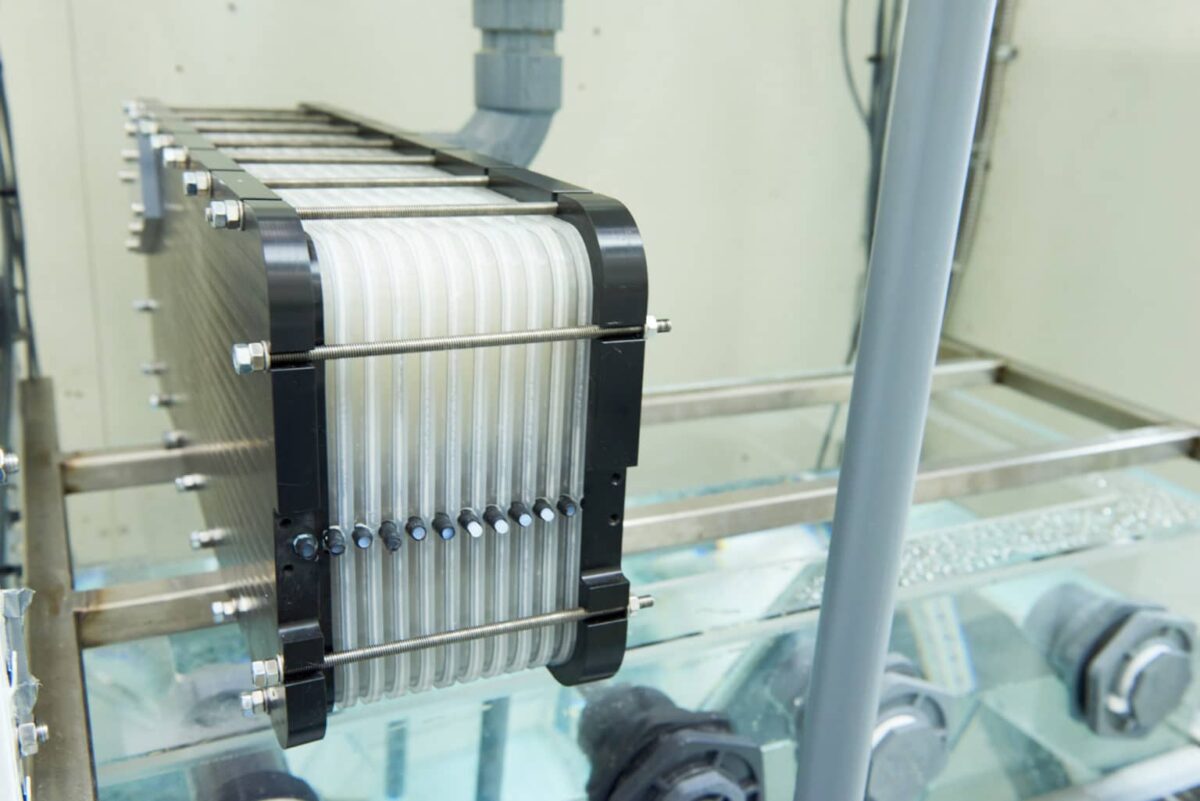A team of researchers at Western Australia’s Edith Cowan University have redesigned zinc-air batteries and claim to have overcome the technology’s notorious power output limitations.
“The new design has been so efficient it suppressed the internal resistance of batteries, and their voltage was close to the theoretical voltage which resulted in a high peak power density and ultra-long stability,” said research lead Muhammad Rizwan Azhar.
Zinc-air batteries consist of a zinc negative electrode and an air positive electrode. The chemistry holds promise and is significantly more sustainable than lithium-based counterparts, but the poor performance of air electrodes and short lifespan has limited the technology’s power output and ultimately its reach.
However, the Edith Cowan University team, says it has made a breakthrough in the technology which has enabled engineers to use a combination of new materials, such as carbon, cheaper iron and cobalt based minerals, to overcome these issues. The redesigned zinc-air batteries have emerged as a better alternative to lithium, according to the team’s recent study.
“Rechargeable zinc-air batteries (ZABs) are becoming more appealing because of their low cost, environmental friendliness, high theoretical energy density, and inherent safety,” said Azhar.
Lithium batteries rely on high-cost, finite resources, and also have safety issues.
pv magazine print edition
”With the emergence of next-generation long-range vehicles and electric aircraft in the market, there is an increasing need for safer, more cost-effective, and high-performance battery systems that can surpass the capabilities of lithium-ion batteries,” said Azhar. “By using natural resources, such as zinc from Australia and air, this further enhances the cost-effectiveness and viability of these innovative zinc-air batteries for the future.”
This content is protected by copyright and may not be reused. If you want to cooperate with us and would like to reuse some of our content, please contact: editors@pv-magazine.com.




Batteries that have cobalt aren’t that sustainable are they
Follow the leader
Tesla has been moving away from Cobolt for years now
Just saying !